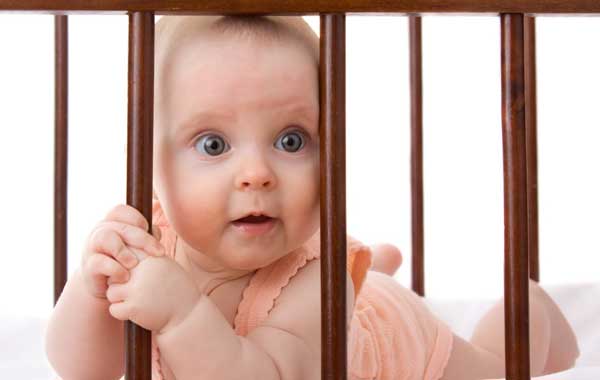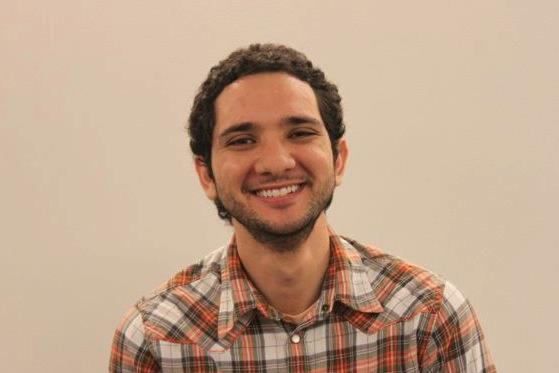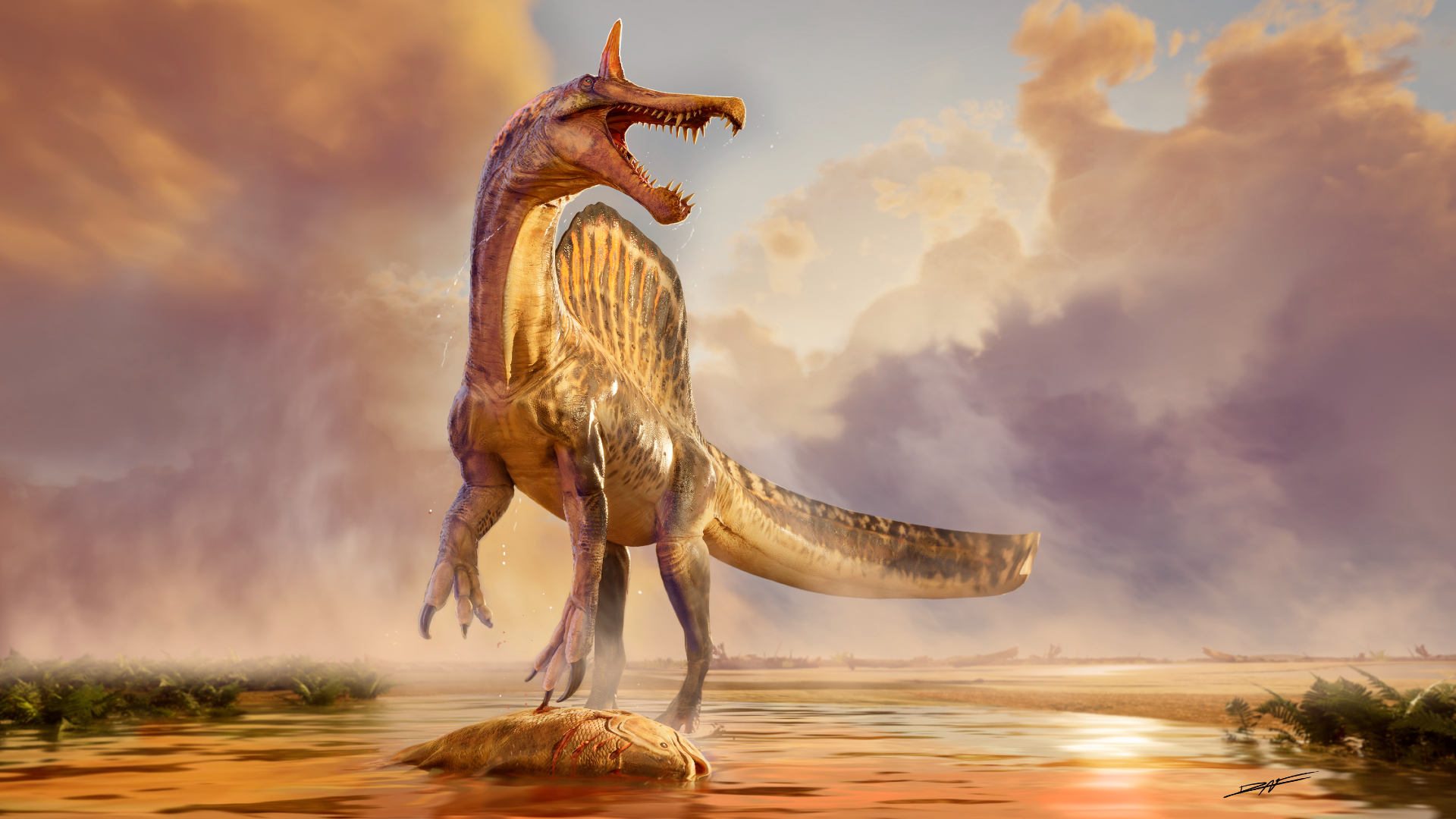Future Obesity Clues Could Surface in 6-Month-Olds, Study Suggests

Get the world’s most fascinating discoveries delivered straight to your inbox.
You are now subscribed
Your newsletter sign-up was successful
Want to add more newsletters?

Delivered Daily
Daily Newsletter
Sign up for the latest discoveries, groundbreaking research and fascinating breakthroughs that impact you and the wider world direct to your inbox.

Once a week
Life's Little Mysteries
Feed your curiosity with an exclusive mystery every week, solved with science and delivered direct to your inbox before it's seen anywhere else.

Once a week
How It Works
Sign up to our free science & technology newsletter for your weekly fix of fascinating articles, quick quizzes, amazing images, and more

Delivered daily
Space.com Newsletter
Breaking space news, the latest updates on rocket launches, skywatching events and more!

Once a month
Watch This Space
Sign up to our monthly entertainment newsletter to keep up with all our coverage of the latest sci-fi and space movies, tv shows, games and books.

Once a week
Night Sky This Week
Discover this week's must-see night sky events, moon phases, and stunning astrophotos. Sign up for our skywatching newsletter and explore the universe with us!
Join the club
Get full access to premium articles, exclusive features and a growing list of member rewards.
Early signs of childhood obesity could be detected in the weight gains of infants as young as 6 months old, suggests a new study.
Babies were twice as likely to become obese by the age of 5, and 75 percent as likely to become obese by the age of 10, if their weight during their first two years jumped up two or more "percentiles," as measured on growth charts. The charts, called weight-for-length charts, show how an infant's weight compares to that of other babies of the same length,and are marked with lines that highlight the 5th, 10th, 25th, 50th, 75th, 90th and 95th percentiles for age and sex.
The risk of obesity at ages 5 and 10 was highest for children who made a two-percentile jump during their first 6 months of life, said Dr. Elsie Taveras, co-director of the Obesity Prevention Program at the Harvard Medical School and lead author of the new study.
"This goes against the common perception that early weight gain is normal, and it's just due to baby fat that will eventually go away," Taveras said.
Predicting childhood obesity
During every well-child visit, pediatricians record the weight and length of their young patients. By comparing these measurements to the Centers for Disease Control and Prevention's weight-for-length growth charts, pediatricians can screen for early abnormalities in weight.
Previous studies have found that children ages 5 to 10 are more likely to be overweight if their weight-for-length was above the 95th percentile at any time during their infancy, Taveras said. But no studies have looked at how changes in an infant's weight-for-height during early life affects their childhood obesity risk.
Get the world’s most fascinating discoveries delivered straight to your inbox.
For the new study, Taveras and her team reviewed the weight-for-length records of 44,622 children under 11 years old who had well-child visits at one of 14 health centers in eastern Massachusetts from 1980 through 2008.
The researchers found that 11.6 percent of the children were obese (had a body mass index at or above the 95th percentile for their age and sex) at the age of 5, and 16.1 percent were obese at age 10. Unsurprisingly, babies who were overweight at any time during their first two years were more likely to be obese at age 5 or 10 than their normal-weight counterparts, with higher infant weight-for-length percentiles being associated with higher rates of childhood obesity.
"But excess weight-for-length gain in the first 6 months of life was particularly risky for the children," Taveras said.
For example, of babies whowere between the 75th and 90th percentile at 1 month old, and rose two or more percentiles within their first 6 months of life, 32.9 percent were obese at age 5. If those infants crossed those same percentile lines between 6 and 12 months of age, the chance of obesity at age 5 was slightly lower, at 29.7 percent.
Preventing childhood obesity
Children who are obese are at a high risk for a number of health issues, including Type 2 diabetes and hypertension. "If we could screen children earlier, then we could prevent seeing a 5-year-old that's obese," Taveras said.
At the very least, Taveras said that high weight-for-length gains should prompt conversations between parents and pediatricians, and investigations into why the infant is growing so rapidly.
After that, parents might employ several strategies to prevent a child from becoming obese, including breast-feeding the children for as long as possible, avoiding sugary beverages and giving babies more opportunity to move.
The new study was published today (Nov. 7) in the journal Archives of Pediatrics and Adolescent Medicine.
Pass it on: Rapid weight-for-height gain within the first two years of life may predict childhood obesity.
This story was provided by MyHealthNewsDaily, a sister site to LiveScience. Follow MyHealthNewsDaily on Twitter @MyHealth_MHND. Find us on Facebook.

 Live Science Plus
Live Science Plus










